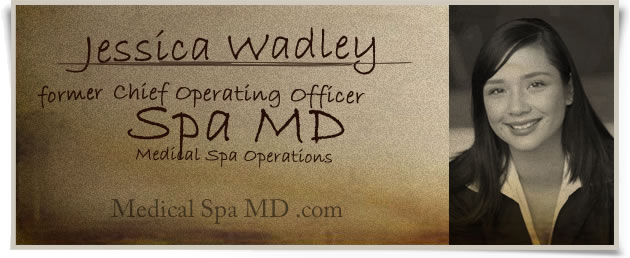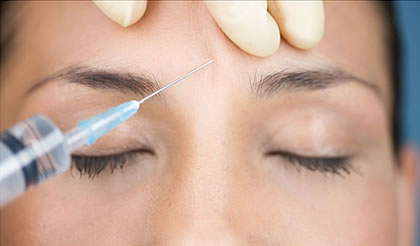Is your aesthetician your MVP?
/Is your aesthetician your MVP? If not, find out how you can grow your business by simply changing your batting lineup. As most medical spa owners have learned, employing an aesthetician can be a difficult and challenging task. I, myself, have on several occasions heard and witnessed less than professional personality traits exhibited by my aesthetician colleagues. Gossiping about coworkers, complaining about pay, and unhappy with scheduled hours these complaints can reverberate loudly from the staff lounge.
You are probably asking yourself, how could that person ever be my MVP and why would I want them to be. Operating a successful medical spa can be nearly impossible without an aesthetician amongst your team. If you take a moment and reflect on who an aesthetician really is, you will gain much insight and be able to truly unleash their abilities. And once engaged, they will become one of your most valuable players.
Who is the average aesthetician? The average aesthetician is about 24 years old, and other than their aesthetician certification hold no other degrees or licenses. According to ZipRecruiter as of March 2018, aestheticians earn $16.38 an hour and an average of $39,000 per year once commissions and tips are factored in. So basically, they are young, earn just over minimum wage and have on average 18 months of vocational training.
A large percentage of aestheticians tend to leave the field in their first two years due to dissatisfaction with pay and benefits, difficulty finding consistent employment, and an unrealistic expectation of their roles in the marketplace. So, they leave the profession they chose within two years.
Conduct a little research on aesthetician satisfaction in the workplace and you will see most aestheticians are given varying schedules from week to week and oftentimes get same-day notice of shortened or eliminated working hours. Their job security as well as take home pay is always in question. Engage in conversation with one or two aestheticians and you will find very common theme of insecurity.
Imagine as physicians the reality that aestheticians live in and you will be able to focus your efforts on actively engaging them within your practice. Aestheticians have a key role in our arena and should be the backbone of your office. Who better to be your ambassador for skin care than the person who chose this career and possess the skills, passion and dedication to improving your customer’s skin.
Understanding their background and possible baggage brought over from previous employers is the first step. The next step is providing security, security in their position, affirmation of their impact on patient retention, and assuring their shifts are as consistent as possible.
And finally, educate and continue to educate them. Most aestheticians cannot afford ongoing education and tend to use social media to increase their knowledge base. As providers, you possess the medical and aesthetic knowledge to grow your team’s ability internally. But, there are many ways to continue educating your team: bring them in during medical services to assist you, have them join you for conferences and conventions, ask them to research new skin care lines and report back to the team.
The concept is simple and applies to all personal and business relationships. Beyond Maslow’s Hierarchy of Needs, when someone feels valuable their loyalty will bloom as will their desire to help you and your business bloom. Not only will you find overall sales improving, but you will see many of your customers transition from microdermabrasion to lasers and injectables. They will become an extension of you, your sales approach, and your practice.


















